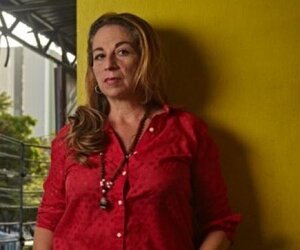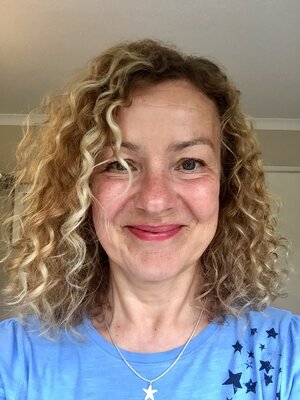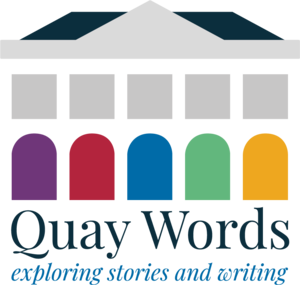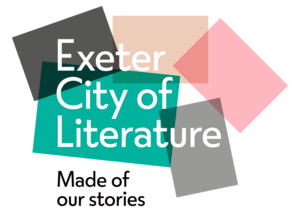In 1983 William Golding was awarded the Nobel Prize for Literature. The Cornwall-born author of the world-famous Lord of the Flies had fought in the Royal Navy in World War Two before he found success as a writer. His lifetime love of sailing, the sea and the rugged Cornwall countryside can be discerned in the themes of adventure and exploration found in his writing — including exploring what the novel itself could do. All of this is captured in Adam Low’s 2012 Arena film, The Dreams of William Golding, a compelling reflection on the life of one of the UK’s most acclaimed authors.
Quay Words at Exeter Custom House screened this thoughtful Arena biopic from the BBC archives, which includes exclusive interviews with Golding’s family. Responding to the film and Golding’s work and life, you can still watch four writers based in the south-west of England, whose work connects to the award-winning novelist in various ways: journalist Rosie Goldsmith, academic Stephanie Jones, Golding expert Tim Kendall and cinema museum curator Phil Wickham. You can still watch their response here, enjoy new poems inspired by the film from two poets living in the region, Louisa Adjoa Parker and Malaika Kegode, and learn how to start your own personal writing journey with a masterclass from author Monique Roffey.
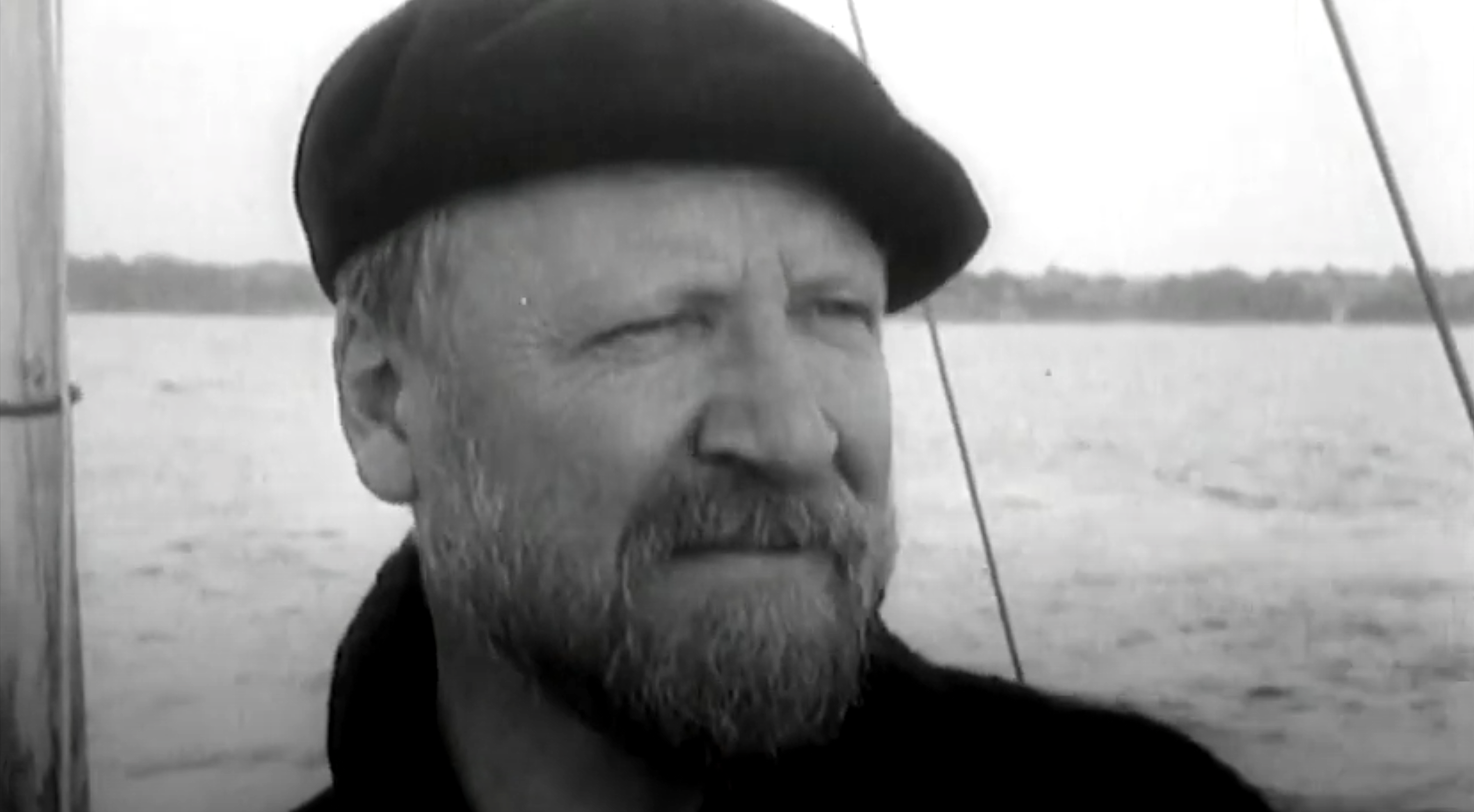
THE DREAMS OF WILLIAM GOLDING
Director: Adam Low, Producer: Martin Rosenbaum (2012)
Picture a middle-aged, middle-class English man, probably younger than his appearance, with a look so conventional it could almost be deliberate. He is a teacher at a respectable grammar school in Salisbury. It happens to lie in the shadow, half a mile away, of its wealthy, glamourous neighbour — Marlborough, one of England’s most famous public schools. He wears a battered tweed jacket with leather elbow patches, the classic characteristics of an English chap, possibly a little dull but decent. That man is William Golding filmed in the 1950s for Arena’s illustrious predecessor BBC TV’s Monitor.
That conventional chap was perhaps the most daring, imaginative and original novelist of the whole post-war period. He wrote and published four novels before he felt he could relinquish the security of his teaching job. Those four novels, all unique, each one totally different from the others, each one a tour de force, each one emotionally and intellectually challenging in the extreme.
Free Fall followed Pincher Martin; the second book was The Inheritors but it was his first which secured Golding’s prestige forever. Lord of the Flies is the most conventional in form and narrative but it’s just about perfect. The story of a group of schoolboys around the age of ten whose plane has crashed on a desert island, with all the adults on board dead, to survive, the boys form their own society with its own rituals and hierarchies. It’s a morality tale that brings you face to face, whatever your codes or politics, with what Golding called ‘the darkness of man’s heart’.
Golding was haunted by the action he saw serving in the Royal Navy during the Second World War; perhaps he sought peace, teaching in a safe school in a safe part of Britain, raising a pint with his friend James Lovelock in the local to celebrate Lovelock’s formulation of the Gaia theory.
Remarkably, Golding and Lovelock lived in the same village. Golding eschewed the fashionable, back-biting world of literary London — ‘I live down here where they can’t get me.’ With his beard and passion for sailing, he was given the nickname Captain Birdseye at his publishers, Faber & Faber. Maybe Captain Birdseye at first sight, but look again and you might see Merlin.
The term ‘magical realism’ was dreamt up to describe the works of the great Latin American writers, Gabriel Garcia Marquez, Carlos Fuentes, J L Borges, they revealed the surreal in everyday existence. Golding was ahead of the game. The Inheritors is told from inside the minds of a family of Neanderthals as they confront the arrival of an unforgiving new species, Homo Sapiens. It’s a book of stunning ambition and originality.
This Arena was the third film to be made about Golding. Following Monitor, our great rival The South Bank Show devoted an episode to him while he was still alive. The two films provided director Adam Low with invaluable archive of Golding at two stages of his life. The Arena adds the fascinating perspective of his daughter Judy and son David, who had never appeared on television to talk about him before. The intimacy of their recollections reveal a private man, uninterested in playing the fame game. Self-deprecating, mildly eccentric, he left fanfares for his work to others. His legacy is incomparable, it was an honour to make this film.
Anthony Wall
4 November 2020
YOUR LOCAL ARENA: RESPONDING TO The Dreams of William Golding
Watch postcolonial scholar Stephanie Jones, arts and culture journalist Rosie Goldsmith, Professor of English Tim Kendall and Curator of Exeter’s Bill Douglas Cinema Museum Phil Wickham respond to the Arena film.
Responding to the film
INSPIRED BY ARENA’S The Dreams of William Golding:
New Poetry by Louisa Adjoa Parker and Malaika Kegode
Listen to and read specially commissioned poems inspired by The Dreams of William Golding written by two exciting poets from the south-west, Louisa Adjoa Parker and Malaika Kegode.
Louisa Adjoa Parker
‘A Georgian Mansion in Cornwall, Midsummer’
Malaika Kegode
‘Sharpening a Point’
Commissioned Poets
WRITING YOUR MEMOIR: A Masterclass from Monique Roffey
Taking The Dreams of William Golding as a starting point, explore how you can begin to craft your own memoir or life writing with award-winning novelist Monique Roffey, whose latest novel The Mermaid of Black Conch combines myth and legend with contemporary storytelling.
Interviews
Lucy Hannah with Anthony Wall
Lucy Hannah with Helen Chaloner

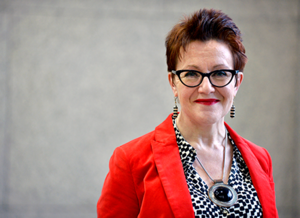
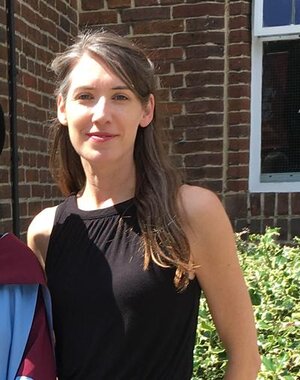
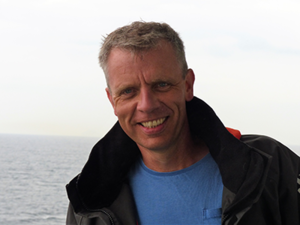
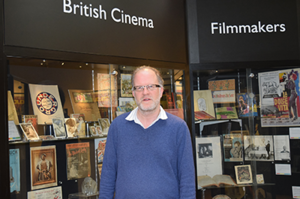
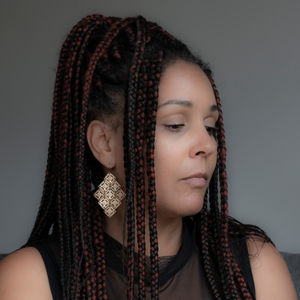
+Jon+Aitken.png)
